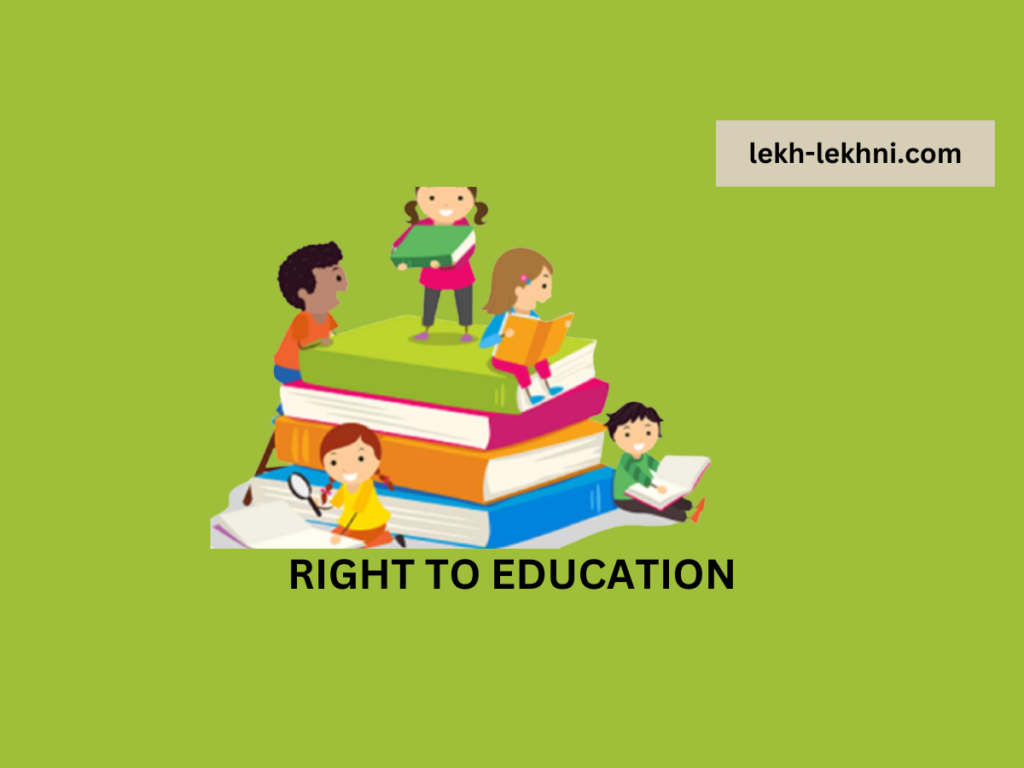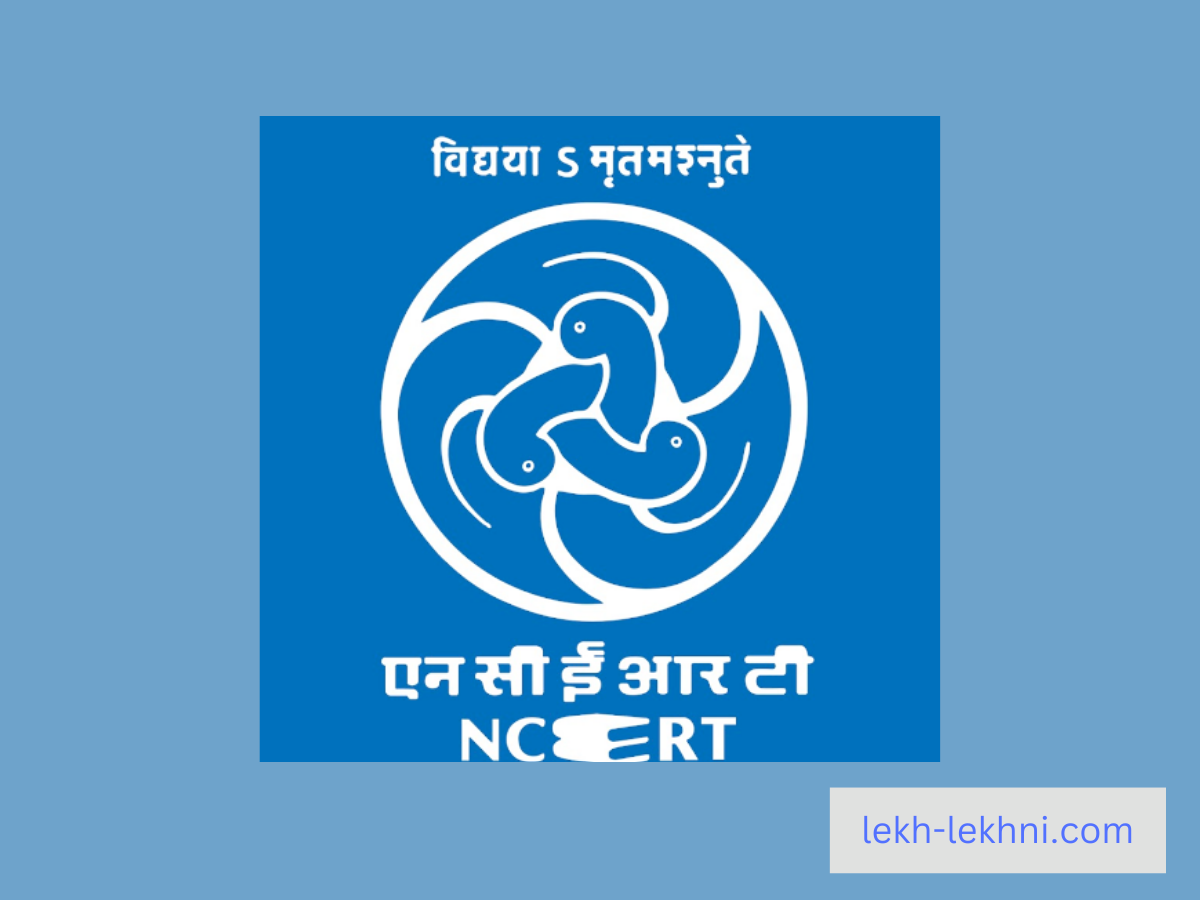Educational curriculum – to be impartial and free from political ideologies
Context – A fine day and suddenly many directly and indirectly associated with the education sector were taken aback after knowing about removal of Periodic Table from class 10th syllabus.
This was in addition to the removal of chapters of Evolution and Darwin’s theory on evolution and also the topic on sources of energy, pollution of water and air, Indian politics after independence to a portion of Indian constitution, poverty and equality to industrial revolution, Mughals and Delhi sultanate to Gandhi assassination and Gandhi’s perception of Hindu-Muslim unity and RSS ban.

To the recommended 50% deletion/cut in the existing syllabus, the deletion actually covers 30% and the main reason for this is reduction of burden from students after covid-19.
After much brouhaha about the removal of crucial topics, NCERT clarified that this step was taken to rationalize the syllabus and to reduce the burden to a bit.
Introduction of NCERT books : Briefly precise books.

Ncert books – Treasure possession of many. Books that are still in bookshelves of many educationists and reformists for being scientific and to the point.
Ncert books – Books that are the result of strenuous efforts of many teachers,subject experts and eminent researchers.
Yes the Ncert books are outstanding in every meaning and are built on the thrust of providing quality education to students of all categories.
State of education in India at the time of her independence –
From one of the prominent Vedic and Indus-Valley civilisations to bruised and wounded India in 1947, we covered a long and hard fought way to our freedom and as per data of 1951, literacy rate of India was only 18.3%.
Years after years and reforms after reforms to lead India to a progressive and prosperous country,the comprehensive applications of different policies were inadequate in absence of proper and standard books in order to concentrate on betterment of education and literacy
A longer than long way that we covered in Independent India –
From a paltry 8.9% female literacy in 1951 to 70.3% in 2022,India was determined to achieve the unachievable target since her independence in 1947.
This kind of perseverance was in accordance with the strong will power of our policy makers and educationists who were well aware of our rich history and vigor of Indians.
There were days when we had to encounter massive challenges to make education available to common people and even more to persuade them to go to schools.
There were days when the female population were being sent to schools only for elementary knowledge.
Policy framework of education in India that really worked for the purpose –
Independent India and the nascent step for the education was taken as University Education Commission in 1948 under the able leadership of Dr.Sarvepalli Radhakrishnan and then on their recommendations Secondary Education Commission was appointed in September 1952 with Dr. L.S.Mudaliar as chairman.
Mudaliar commission suggested that
*The central government should appoint a committee of experts to conduct research for finding out ways and means for improving teaching methods.
*Textbooks should be selected on the basis of their merits and utility.
*Textbooks once chosen should not be changed soon.
On the basis of their recommendations Indian Education (Kothari) commission ( 1964-66) was appointed under the chairmanship of Dr.D.S.Kothari.
Our first National Policy on Education was formulated in 1968. And main objectives noted were to attain literacy, to provide dynamic and standard education under the common school system.
This National Education Policy was reviewed in 1985 that brought a lot of revolutionary changes in our motive to make education available to all.
Ramamurthy committee in 1990,National Programme of Action in 1992 and then in the wake of Globalization and Liberalization of Indian economy,fourth edition of National Curriculum Framework was published in 2005 (Earlier editions were published in 1975,1988 and 2000).
Progresses ,Parameters and Procession-
The new National Education Policy and the new National curriculum framework – In the name of revision this 30% reduction will, in fact, make the situation tougher than ever once these students start preparing for competitive exams.
This is going to make learning inconsistent and difficult.
This is going to hide several facts of our independence struggles.
As we were heading towards a proposed prosperous country a decade back and now we are being advised to shun all our plights and struggles.
Deletion without considering the consequences is like trying to pass through a tunnel sans a source of light.
We progressed remarkably because we had some sound parameters for the purpose and now the new generation’s kids are getting irrational syllabus in the name of rationalizing the same.
Conclusions-
The moves to remove certain topics by NCERT attracted many backlashes and criticisms and also many of the author panel not only opposed the move,they are withdrawing their name from the list of Textbook Development Committee and Acknowledgments and Advisers lists.
Reasons for reducing the burden of syllabus and helping students to combat post Covid-19 situations is one thing but being irrational and biased is another thing as our country is still struggling to excel in the development path and the upcoming generation is going to suffer severely if they don’t get an appropriate and good education which, in turn, is essential for all kind of nationalism and nation devotion.

